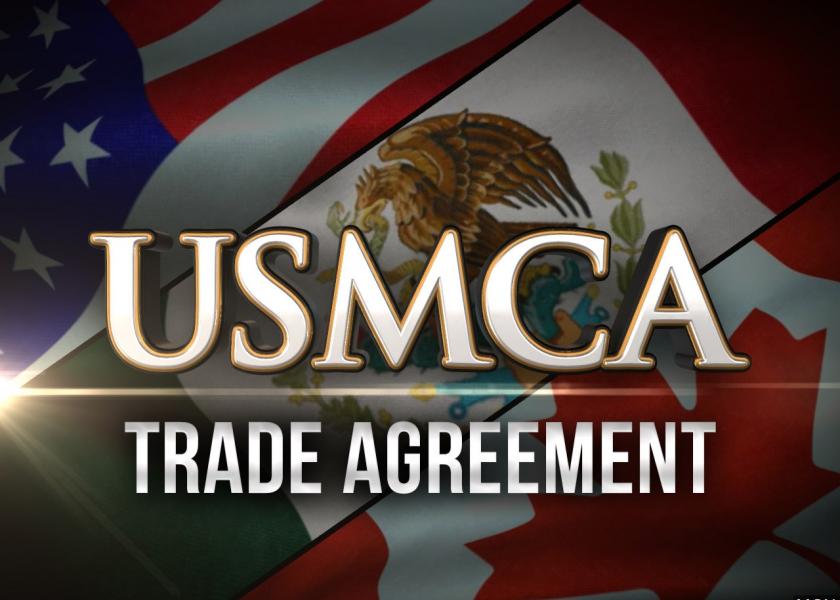U.S. Dairy: Canada Is Violating USMCA, USTR Should Take Action

This week U.S. dairy industry leaders sent U.S. Trade Representative (USTR) Robert Lighthizer’s office a letter alleging that Canada is violating the U.S.-Mexico-Canada Agreement (USMCA).
“We are writing today to highlight the concerning inconsistences between Canada’s dairy Tariff Rate-Quotas (TRQ) allocations and allocation rules and Canada’s market access obligations under USMCA and provide the U.S. government with specific potential violations of Canada’s TRQ administration,” leaders wrote in the letter.
Canada has previously administered dairy TRQs under other free trade agreements in a manner that undermines the negotiated market access provisions in those agreements, they point out. The country’s recently announced TRQ allocations under USMCA appear to be designed to discourage full utilization of the TRQs, they say.
“Canada’s actions place the U.S. dairy industry at a disadvantage by discouraging utilization of the full use of the tariff-rate quotas and limiting the market access granted by USMCA,” says Tom Vilsack, U.S. Dairy Export Council president and CEO.
Vilsack says Canada announced the distribution of TRQs in such a way that discourages high-value food service or retail products from entering the Canadian market. Most of these TRQs have been allocated to competitors who have no incentive to export the products to Canada.
“Canada has chosen once again to manipulate its access commitments in order to protect its tightly controlled dairy market,” says Jim Mulhern, National Milk Producers Federation president and CEO. “The U.S. Trade Representative should act quickly to ensure Canada is held strictly responsible for abiding by the intent of the USMCA to promote fairer trade between our nations.”
Dairy industry leaders reminded USTR one of the main goals of USMCA was its enforcement of trade commitments.
“In order to fulfill this mission, immediate action is required to correct these issues and allow U.S. dairy exports the access to Canada’s market that the U.S. worked so hard to secure,” leaders wrote. “Enforcement of these market access provisions and close monitoring of the elimination of classed 6 and 7 is critical to shape the future as Canada continues to implement USMCA.”







